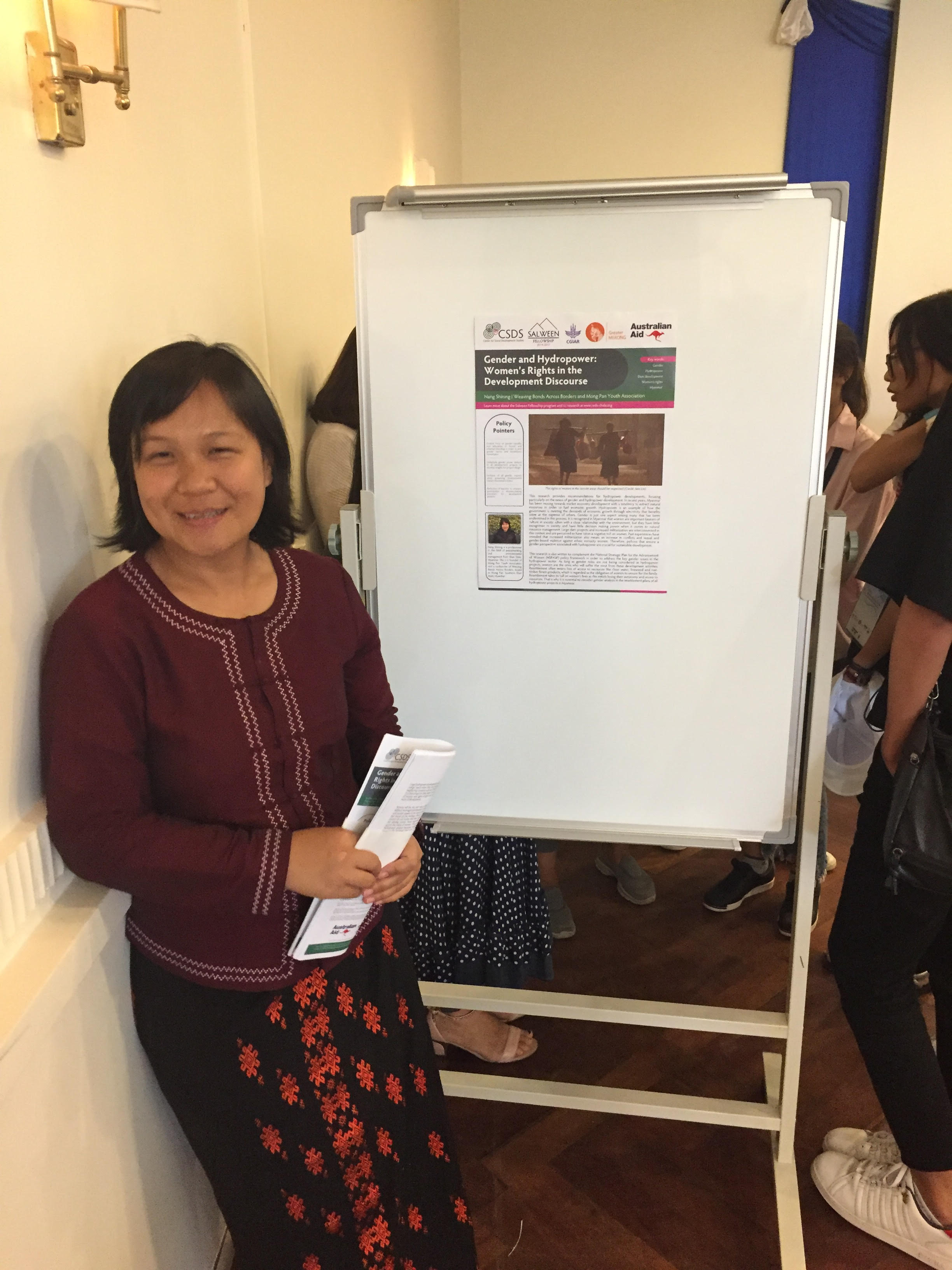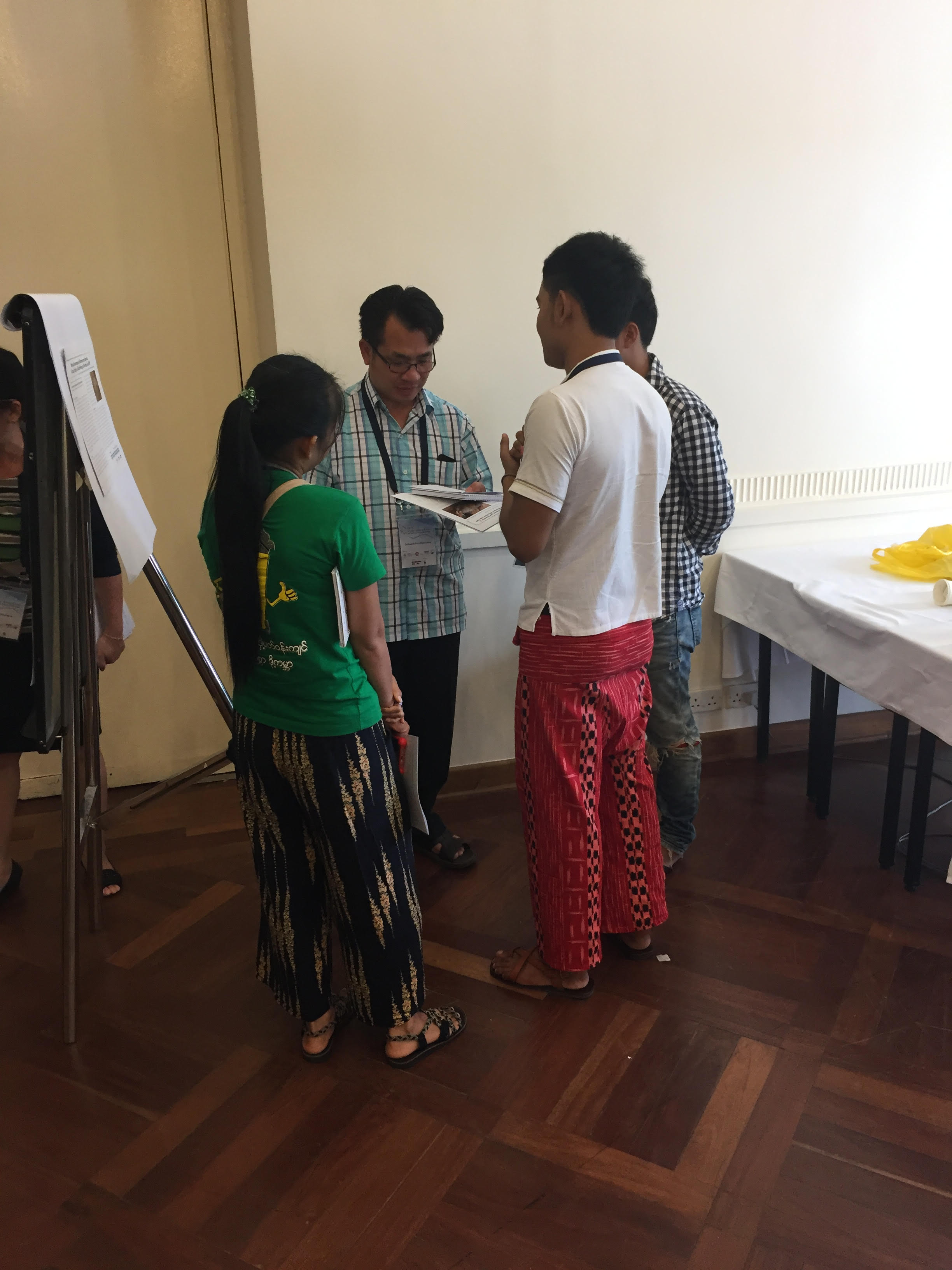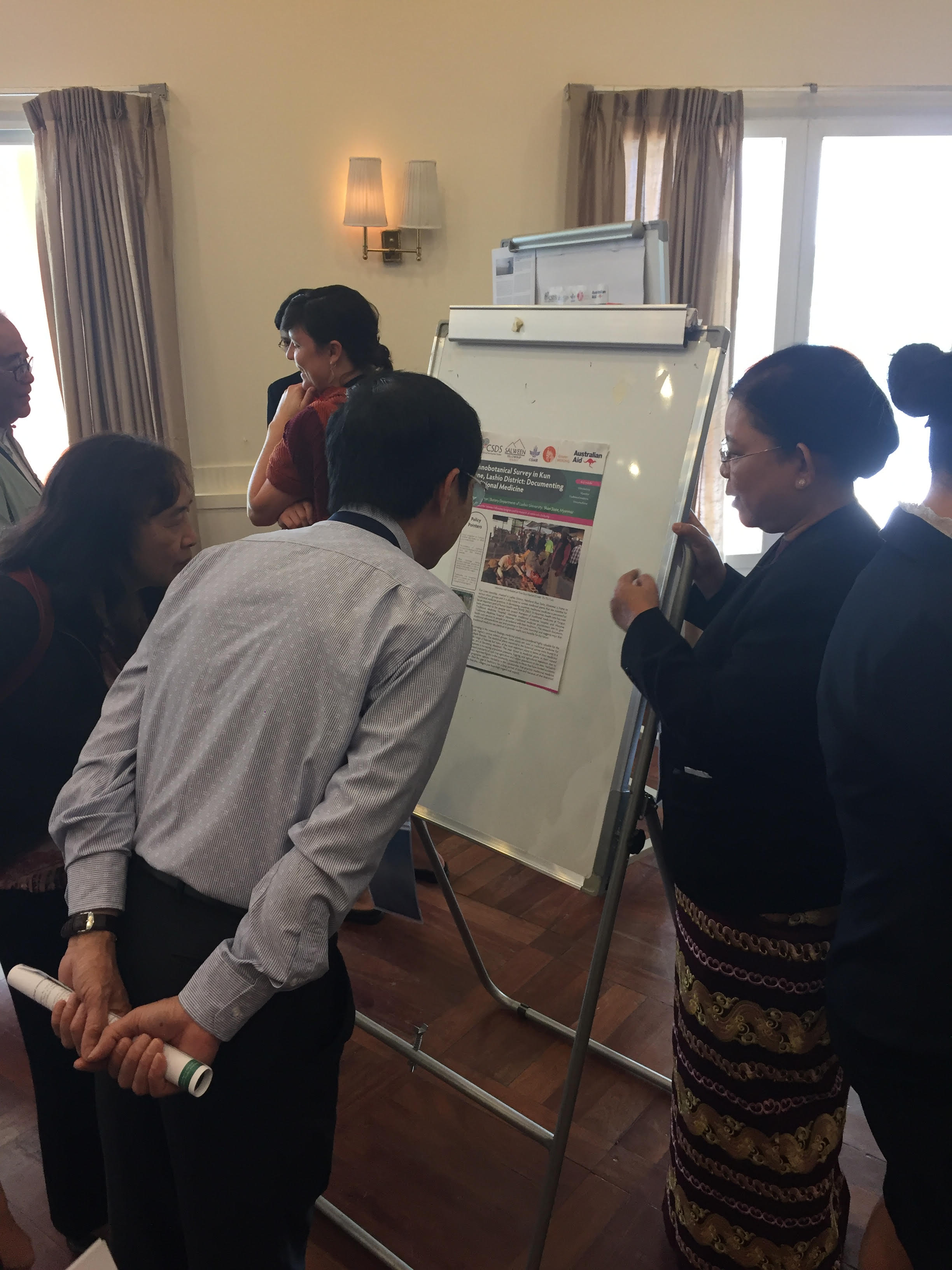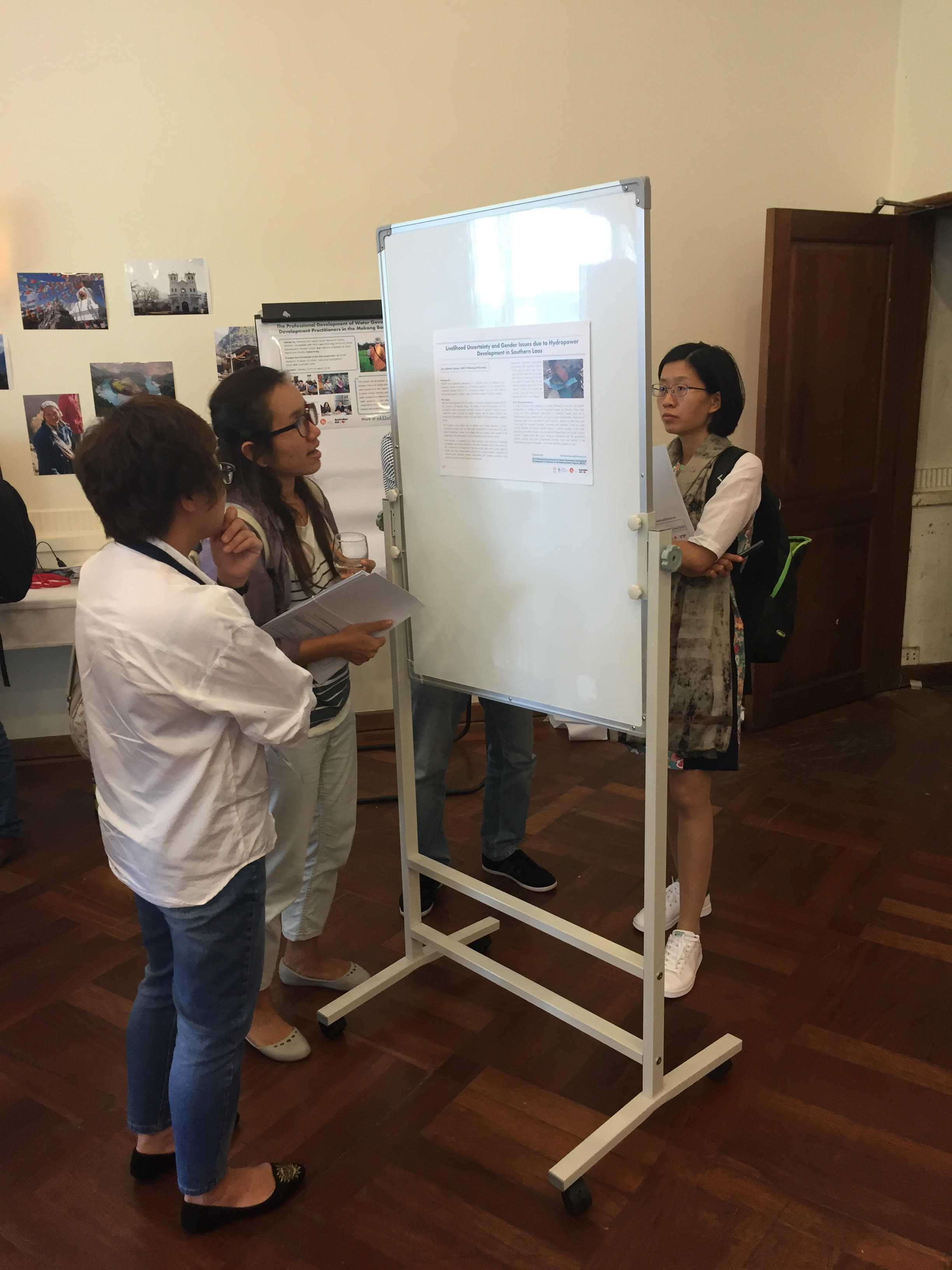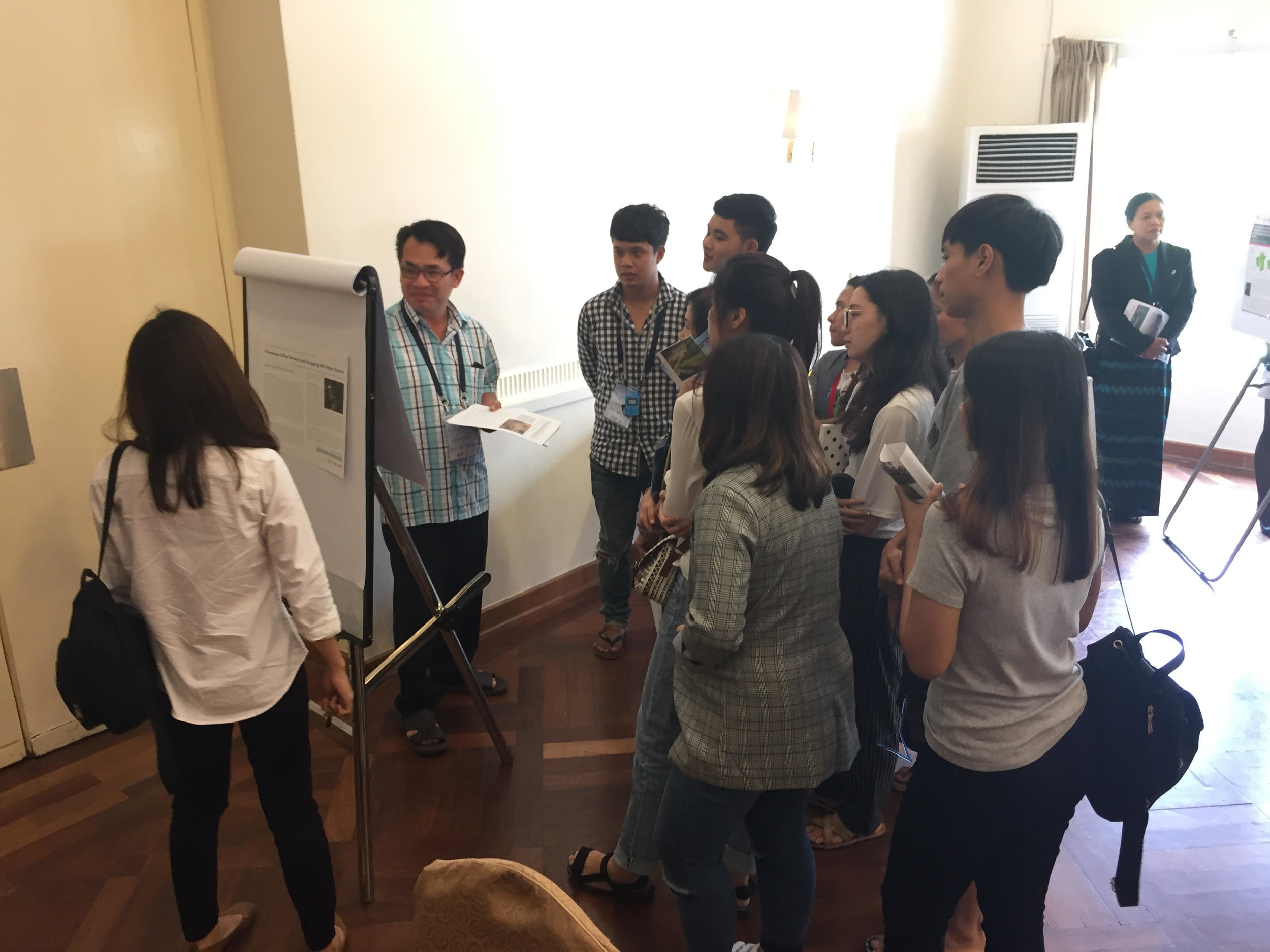EVENT: 2017 Greater Mekong WLE Forum: 'Water Policies for a Sustainable and Inclusive Future: Research Insights from the Salween, Mekong, Red River Fellowship Program'
/By Robert Irven
The second day of the 2017 Greater Mekong Forum on Water, Food and Energy has continued with insightful and sometimes emotional presentations from both researchers and development organizations alike and today, fellows from the MK31, MK32 and MK33 programs came together to present and discuss their projects. Years in the making, the research presented focused on the rivers and basins of the Salween, Mekong and Red, with themes highlighting water governance, healthy rivers; river food systems, healthy landscape and ecosystems and gender and social justice (see WLE website for more details). All Greater Mekong region countries were represented, and the session today gave a space not only to present projects that have been being researched and developed for years, but also a chance for attendees to personally connect with the researchers for further questioning and debate.
The session began with a roundtable presentation of representatives from each river, highlighting commonalities of the groups research as well as lessons learned, surprising findings and what was most gained from participating in the fellowship program. The Salween representatives highlighted how much of their combined worked took a justice narrative at the end as many sought to give a voice to local or marginalized populations that would normally be unable to seek justice or a change in their evolving status quo. Hnin Wut Yee also mentioned that she was surprised to discover the fact that there is an changing attitude towards women's access to resources, a positive shift in historically and culturally patriarchal communities throughout Myanmar. The projects coming out of the Mekong River region centered around the transformation of this mighty river which is producing and again, evolving, risks for surrounding communities. The effects of climate change have also been documented and continue to present a great challenge for both researchers working and local communities living in the region. Similarly, the Red River team from Vietnam also highlighted a visible growing impact of climate change on many of their projects and noted while most communities don't necessarily recognize or understand the threat, this theme/topic is of great importance and will play an importance factor in future research in their country.
Perhaps one of the most unique aspect of this program is the capacity and ability to which it has shaped and changed the lives of the fellows involved. Not only did the presenters' research and academic skills greatly benefit and improve from their active involvement in both field work and academic presentation through papers, blogs and conferences, but the networks and friendships that have been created both within the river cohorts and across the Greater Mekong region have culminated in better analysis, friendships and future work. One presenters commented the the program both literally and figuratively allowed her to take her work further, both in a sense where the funding allowed for greater scope and travel to remote sites, but also the level of professionally in technical writing and related outputs greatly improved. In building off of the theme of justice that was captured by many in the field, one researched commended the fellowship's ability to empower the researcher and allow her to consequently raise up more voices throughout the community she conducted her work in, particularly those of women.
As the roundtable came to a close, attendees were invited to tour the room and visit each researcher's individual research presentations, providing them with further details and fuel for thought on a variety of issues across Southeast Asia. The researchers had ample opportunities to practice their research narratives and elevator pitches to a crowd that was hungry for knowledge and not shy to press and debate for more information. In observing the ending scene of this session, it is obvious that this fellowship program was a huge success and the research documented and the communities engaged will certainly have an impact on future policy makers and hopefully inspire new generations to go out into the unknown to uncover answers, truth and bring light to those seeking justice and change in their communities.
Image: Poster session with all individual researchers following roundtable presentation (Credit: R. Irven)



